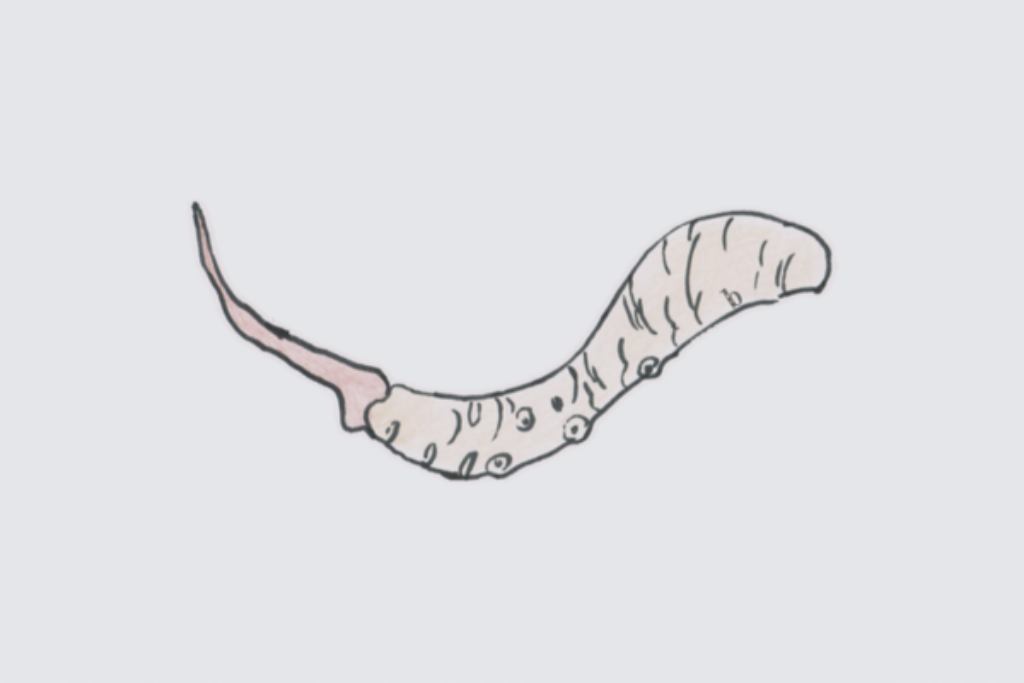Cordyceps is a controversial ingredient in vegetarian cuisine. In winter, it is called an insect, while in summer, it is called a plant. But what exactly is Cordyceps?
Cordyceps, often used in traditional Chinese medicine or herbal cuisine, grows in mountainous regions. Some say it’s an insect, while others claim it’s a plant. So, is it an animal or a plant? Can it be considered vegetarian?
Parasitic fungus
Cordyceps is neither animal nor plant. It’s a parasitic fungus that grows on the larvae of insects like the bat moth. Cordyceps is the fruiting body of an ascomycete fungus that emerges from the host larva’s head. In winter, fungal mycelia invade the larvae buried in the soil, and in summer, the fruiting body grows. Technically, cordyceps is a fungus, similar to mushrooms, but its classification is still debated.
For strict vegans, cordyceps is not suitable. However, for lacto-ovo vegetarians, it might be acceptable.

Health benefits
The health benefits of cordyceps vary depending on the altitude where it grows. While Tibetan cordyceps are widely known, other regions in China, such as Qinghai, Guoluo, and Sichuan’s Aba, are also key producers. Cordyceps thrives in wild high-altitude environments, between 3,000 and 5,000 meters above sea level, near snowlines on some high mountains
Cordyceps is a highly nutritious and valuable medicinal ingredient. According to a May 2018 article by Gavin Van De Walle on healthline.com, cordyceps has six potential health benefits:
- Boosts physical performance.
- Reduces fatigue, enhances libido, and strengthens immunity.
- Potential anti-tumor properties
- May help manage type 2 diabetes.
- Supports heart health.
- Helps combat inflammation.
From a traditional Chinese medicine (TCM) perspective, cordyceps has a warming nature and targets the lungs and kidney system. Its primary functions include replenishing energy, boosting vitality, and treating phlegm-related coughing and asthma. These benefits are based on experimental findings from scientists. While TCM has been practiced for centuries in China, more research and data are needed to provide clear evidence of its effectiveness.
Everyone’s health needs are unique. To look and feel younger and healthier, maintain an active lifestyle and eat nutrient-rich foods. For any health supplements or treatments, consult with a nutritionist or doctor for personalised advice.
Reference
“Encyclopedia of Chinese Herbal Medicine in Daily Life (生活裏的中草藥大百科)”, written by Xue Lijun (薛麗君), published by the publishers, “出版奇點出版社” and “遠足文化事業股份有限公司”.
https://www.healthline.com/nutrition/cordyceps-benefits#TOC_TITLE_HDR_7
https://growingrootsfoods.com/food-cooking/is-mushroom-vegetarian-or-non-veg.html







